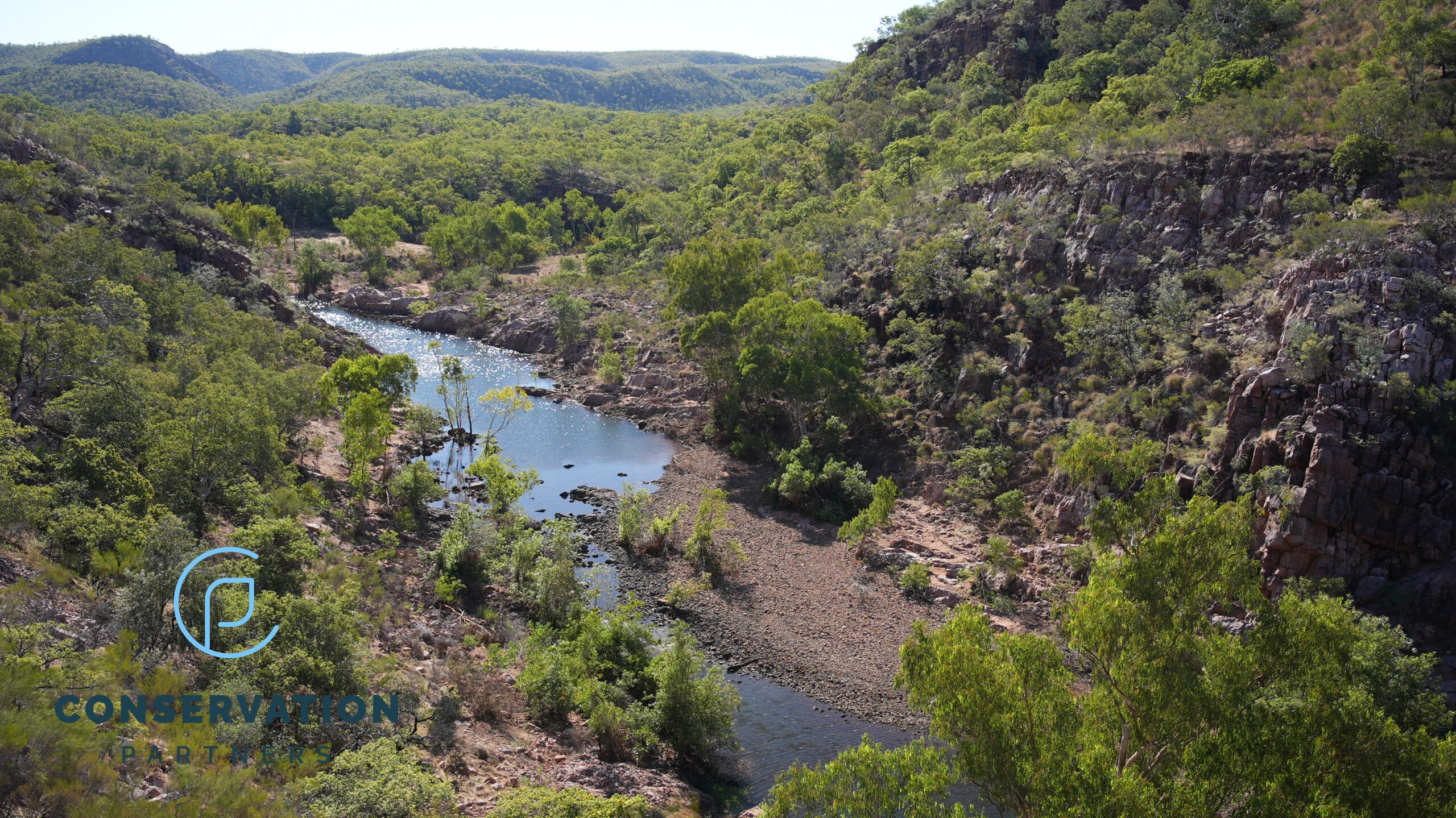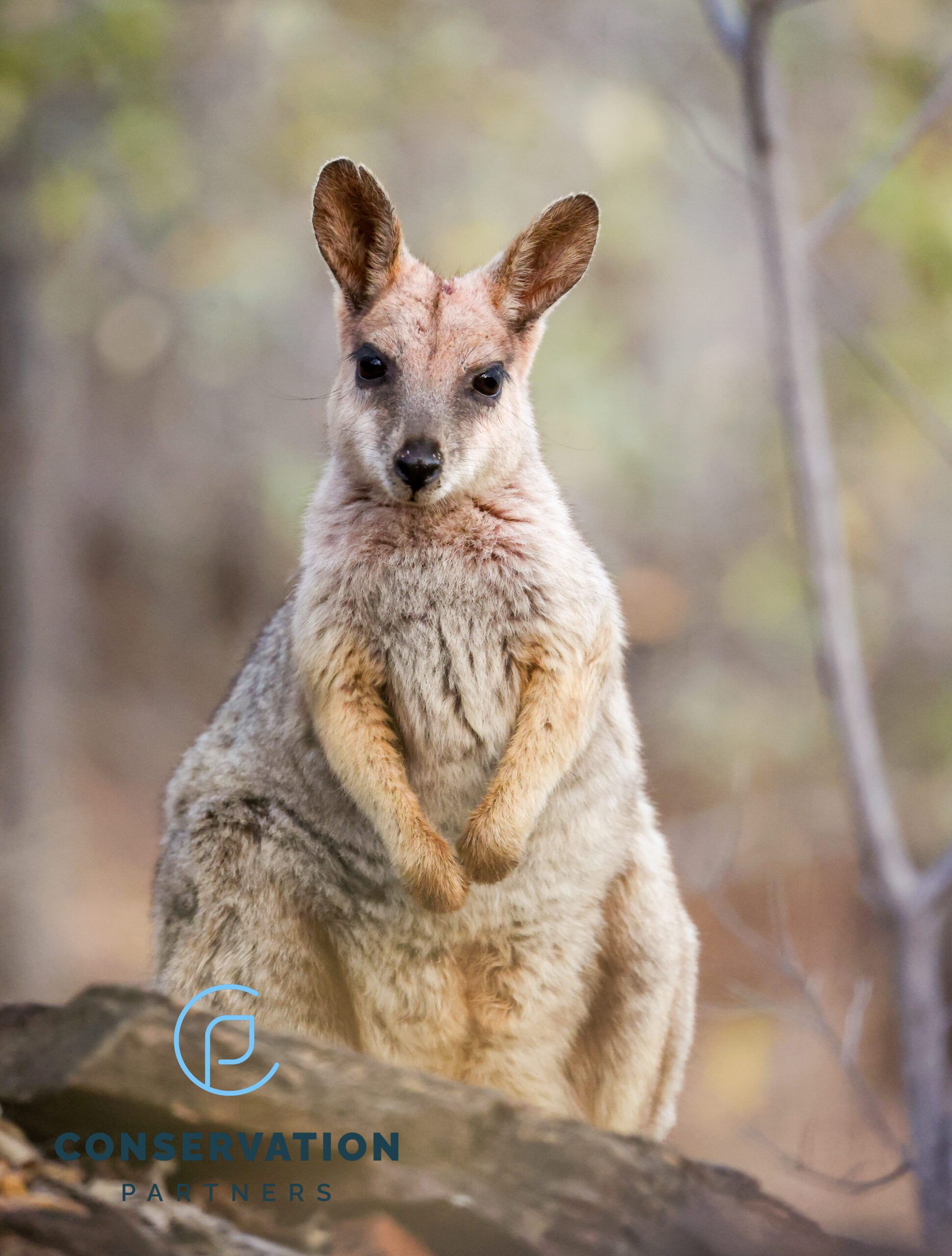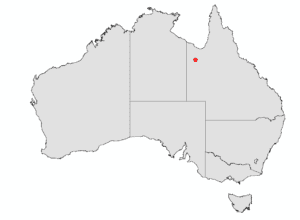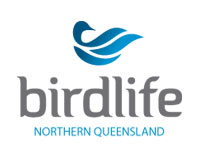CHIDNA STATION
Chidna Station supports four threatened species, including Carpentarian Grasswrens and Purple-necked Rock-wallabies. We are working with the landholder to manage the threats to these species. This includes using prescribed burning to mitigate late-dry season wildfires. We are also conducting applied research to monitor and inform our actions.
Chidna Station video curated by Braydon Maloney in consultation with Conservation Partners.
WHERE IS CHIDNA STATION?
Chidna Station is a 26,000 hectare pastoral lease, approximately 130km north of Mount Isa in QLD’s north-western highlands.
The Chidna lease has been owned by the Spreadborough family since it was first established. “Brussie” Spreadborough is the current owner and is a proud First Nations decendent. Chidna is Wakabunga country.
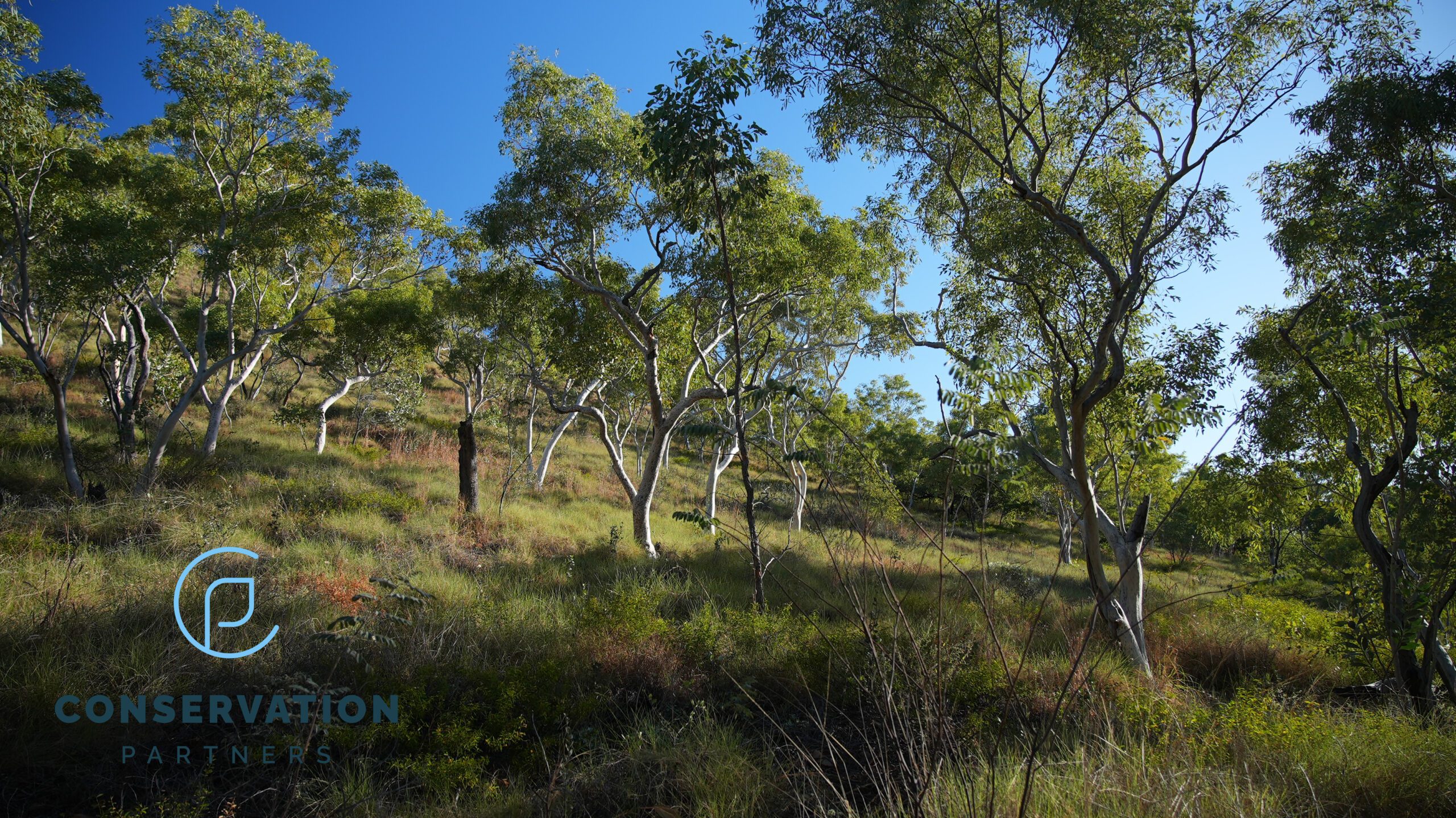
WHY CHIDNA?
There are at least 4 state listed threatened species on the property: Purple-necked Rock-wallabies (Vulnerable, NCA), Carpentarian Grasswrens (Endangered, NCA), Gouldian Finches (Endangered, NCA), and Red-flushed River Turtle (Near Threatened, NCA). Two endangered riverine Regional Ecosystems also occur on Chidna.
Chidna has been only lightly stocked for its entire history, and this is reflected in the healthy suite of perennial native grasses we see on the property. A network of watercourses mitigates the impacts of large wildfires, meaning patches of unburnt habitat have always been available. Consequently, the natural values of Chidna seem to be mostly intact, although there are significant pressures that need management attention.
Chidna Station. Photo credit to Braydon Maloney.
Chidna Station. Photo credit to Braydon Maloney.
Chidna Station. Photo credit to Braydon Maloney.
THE MANAGEMENT CHALLENGE
Conservation Partners is working with the landholder to develop and implement a property-wide conservation management plan. These actions are having multiple benefits for threatened species, as well as the entire ecosystem.
To inform our management we began by mapping where all fires have occurred over the past 30+ years using high resolution Landsat and Sentinel satellite images. This fire history serves several purposes: (1) It identifies areas that have inherent protection from wildfire (and therefore may not need management attention), and those areas which have not fared so well (and therefore need extra attention). (2) It helps us understand how rock-wallabies, grasswrens and feral cats respond to fire (by analysing the tracking data from these species) and (3) It provides a benchmark against which we can assess our future fire management actions.
Monitoring is a critical component of management to ensure we are on the right track. At Chidna, this means understanding how Purple-necked Rock-wallabies and Carpentarian Grasswrens respond to fire. We are doing this by following the fate of individuals through time. Similarly, it's likely that Feral Cats could potentially be a big threat on Chidna, especially after wildfires. We are currently following the movements of 8 individual cats over a full year to understand how they use the landscape, especially in relation to fire. These insights inform how we can improve our management of this very challenging threat.
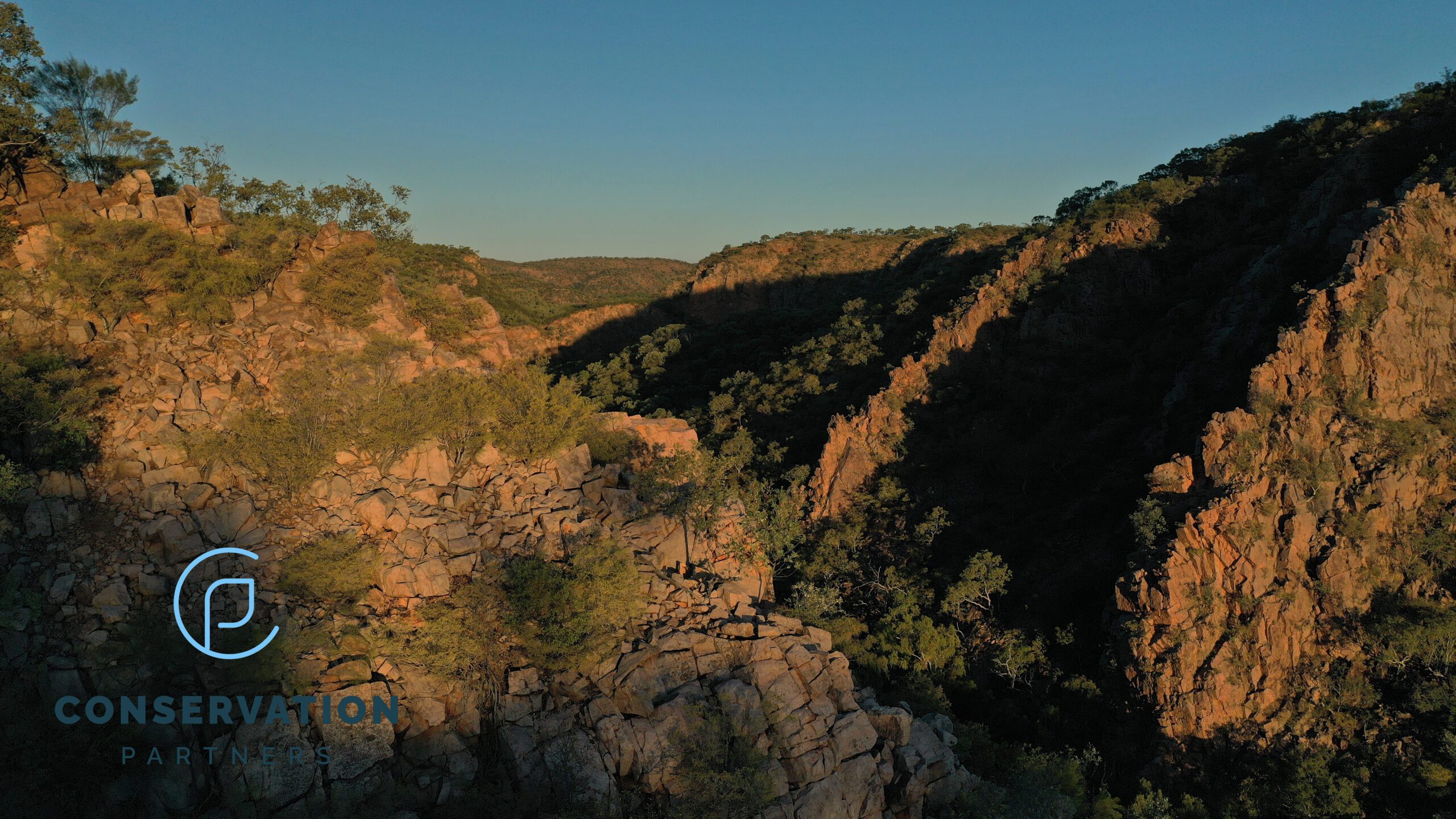
Purple-necked Rock-wallaby on Chinda Station. Photo credit to Patrick Webster.
SO WHAT EXACTLY ARE WE DOING ON CHIDNA?
In 2023, we were awarded a grant from the Queensland Government - Department of Environment, Science and Innovation, to work at Chidna Station to develop habitat models for the PNRW and CGW and determine the potential impact of feral cats by examining habitat overlap.
In the 2024-25 wet season (Dec-Mar) we will begin a five-year, fully funded fire management program that aims to mitigate the impact of large fire events. This will include prescribed burning and fire track maintenance.
We will continue collecting the critical ecological information needed to monitor and inform our management. This includes:
• Updating the high resolution, 30+ year fire history.
• Tracking Purple-necked Rock-wallabies to understand how they respond to fire management.
• Colour-banding Carpentarian Grasswrens to understand how they respond to fire management.
• Managing Feral Cats, including gathering site specific information about their ecology.
Chidna Station. Photo credit to Braydon Maloney.
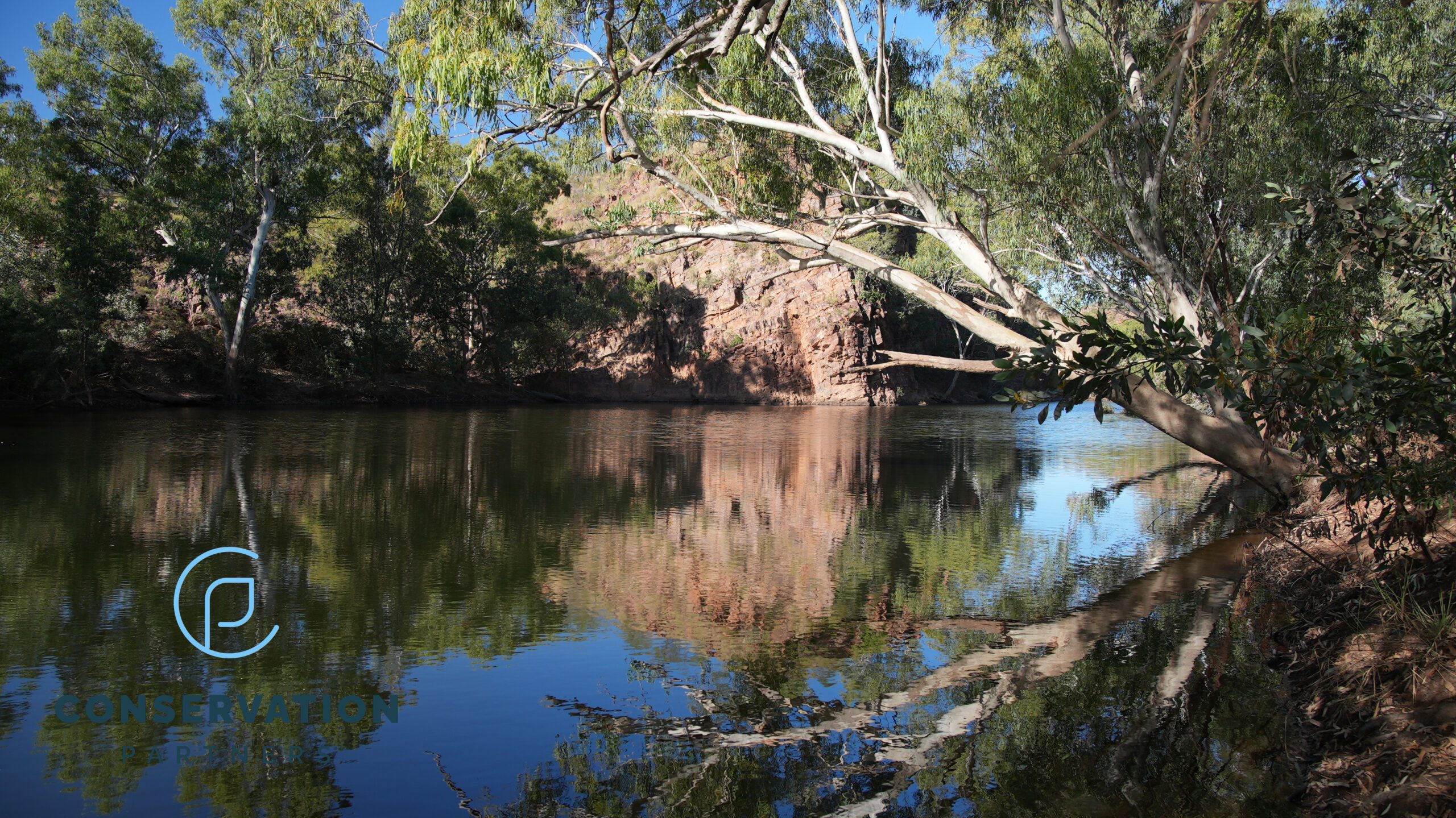
WHEN WILL THIS HAPPEN?
It’s all happening right now! We started work in 2023 and the information is already starting to flow through. Be sure to sign up to receive our newsletters and keep an eye on our website and socials.
